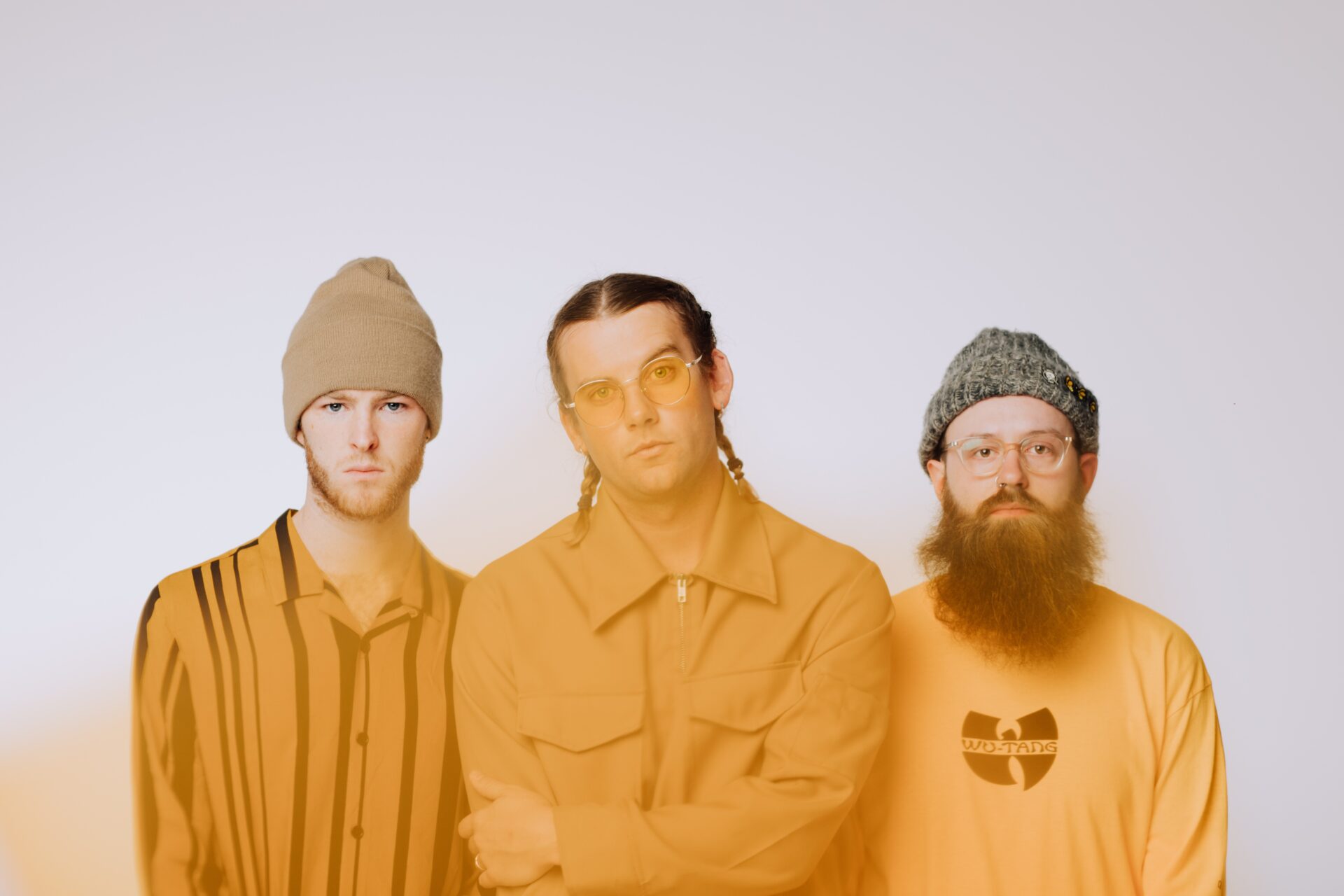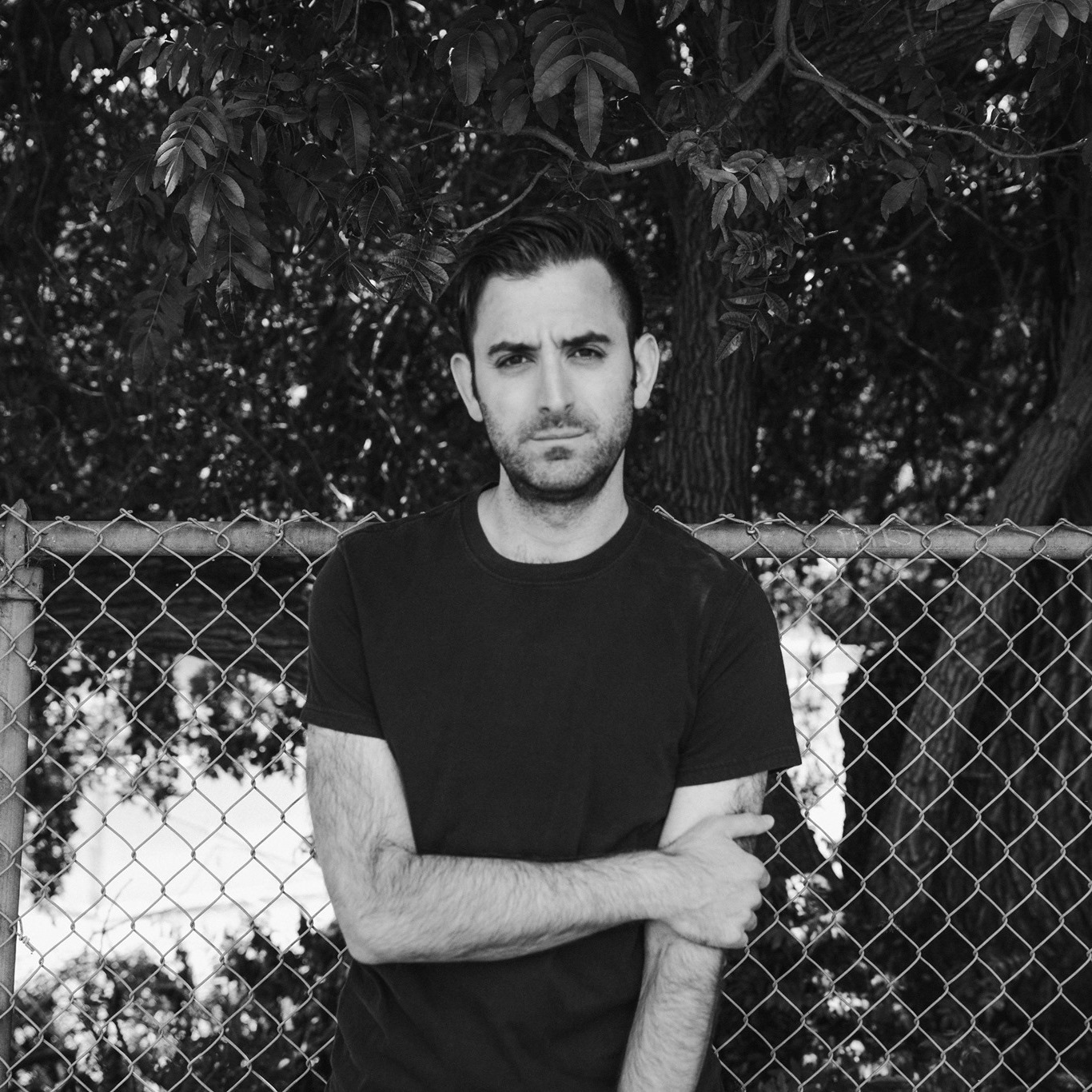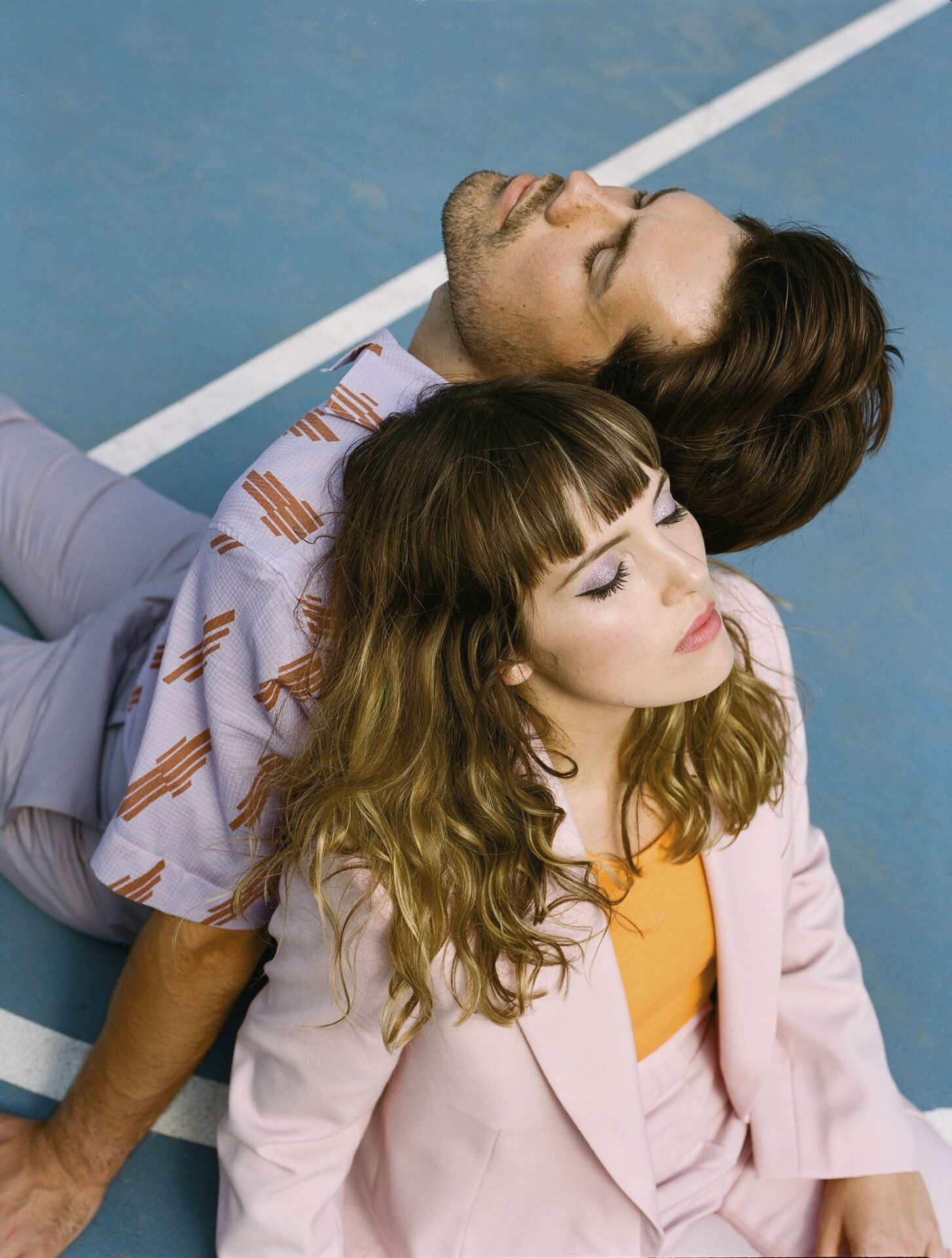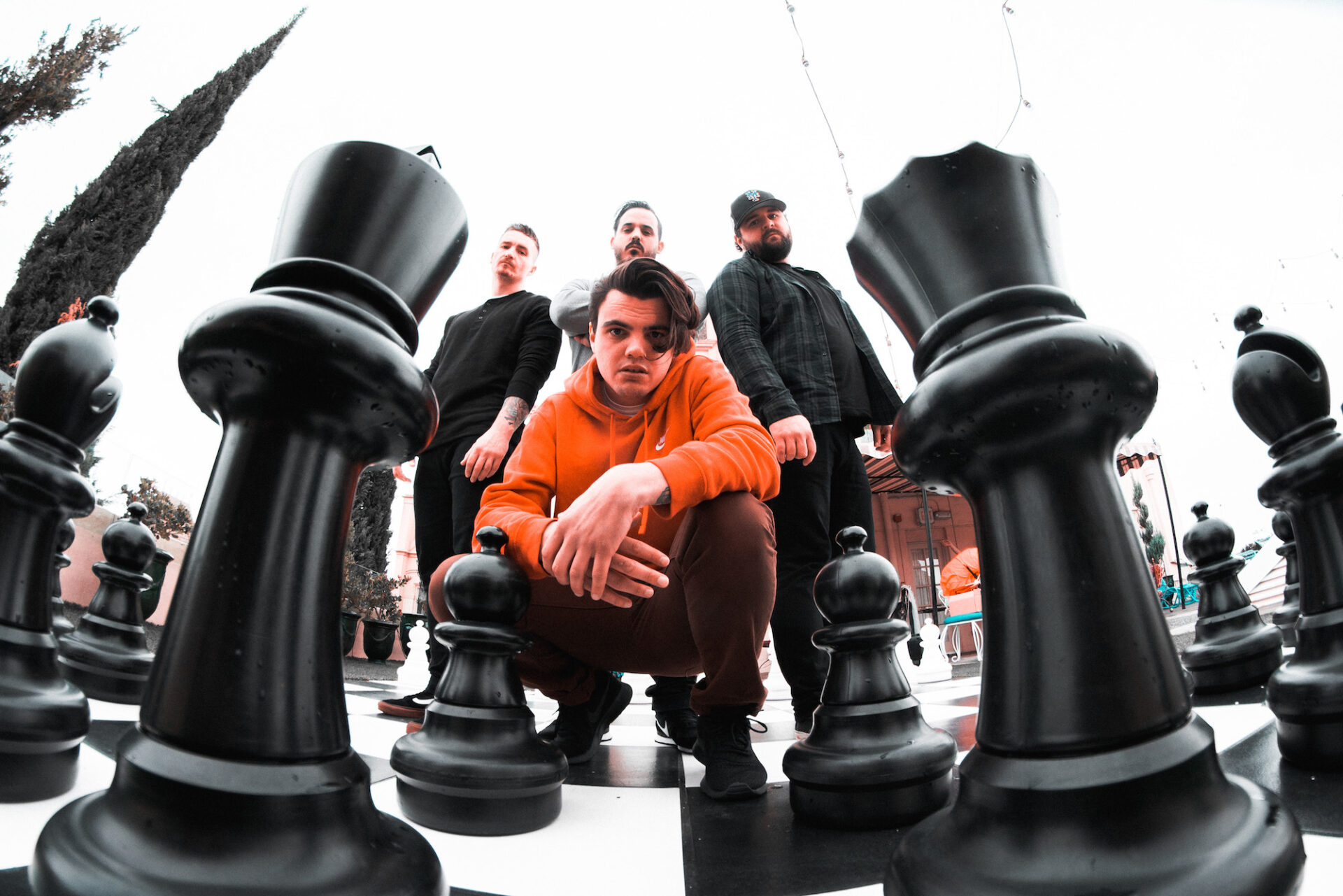When I spoke to Lights–birth name Valerie Anne Poxleitner-Bokan–she was at a waterfall. It was a perfect setting for this interview because like a waterfall, her artistic creations can mean different things. There’s a majestic feeling to it. It’s also powerful and serene. Within it, it provides shelter. As the world changes, the art changes with it.
With Lights’s Skin and Earth acoustic album, it shows an artist who keeps evolving and taking risks. It’s going down the rabbit hole of curiosity to tell different stories. That’s what art is about. Sometimes the mode of art that you start with is not necessarily the only one that you continue with. The particular songs picked for this album were recorded in specific locations, thus taking the shape of the spaces they were created in. It’s just like water in a waterfall.
We talked to Lights about her re-imaging of Skin & Earth, her journey as a producer, new songs, and where she is now as an artist and a person after all this time.
Let’s talk about Skin & Earth acoustic. You are no stranger to that realm as you put out records in 2010 and Siberia acoustic in 2013. You got a great response with the covers of Drake’s Scorpion that unfortunately got taken down, but we grabbed them anyway.
Yeah, I know! That’s so funny. I had so much fun doing that EP. I didn’t even care that it got taken down because I learned so much from it. That actually gave me the confidence to release something that I produced. Just seeing how people received it and have people say “wow, this doesn’t sounds terrible.” I was like “hey, I can produce this acoustic record myself.”
I learned a lot about his vocal pocket. There’s some techniques that he does with his top line that I really learned from. The whole thing was an amazing experience.
I liked how you turned the songs from Scorpion into something that was yours. With Skin & Earth, you recorded these tracks in specific locations. “Skydiving” was recorded on a cliff. “New Fears” was recorded in a bedroom. When you listen to the new version of “Skydiving,” you really feel like you’re about to fly. That you’re in that open environment. What was the process of you picking these particular locations for these songs?
It took a while. The first layer of it was going through the comics. Finding the songs that were most directly tied to a location. There are some songs that are a bit more vague, so I didn’t do those ones. Like “Morphine” is in and out of Enaia’s living room and her porch with a city scene in the background. That was going to be a little bit harder to capture.
It was picking the songs, the locations, and then going to those locations. It took a long time. I think the whole thing took me a year and a half to complete all the recording and find locations at the right spots. The hardest one to find was actually the tunnel for “We Were Here.” The video will be coming out pretty soon for that song. Basically, it’s really hard to find a tunnel with no traffic. Every tunnel that we wanted to use was busy. If you want to do full vocal takes in a tunnel, you have to find one that’s abandoned.
Through some crazy turn of events, a friend of mine had gone on this hike and took a photo of a tunnel that looked like it was in the middle of nowhere. It was in California about four miles deep into a trail below a highway that was very unbusy. It just came down to finding the right spots, planning the trips, and finding the time. Bringing all my gear in, I had to find an interface that didn’t need to be powered, or powered independently from my laptop. I just took my rig and ran it off battery power. Just a whole lot of layers that went into it.
Some locations like where I am today is where we did the river one. That was probably the most challenging logistically just because of the sound of the river. It was so loud. I had to battle with that the entire recording. It came down to getting really creative with the mixing.
You were in-between record labels when you were recording this acoustic album. You did the production yourself which turned out amazing. It’s just like the comic aspect of Skin & Earth. Production has become another notch in your belt. What did you learn by taking that aspect of the music on?
I’m no stranger to producing. I’ve done it for a while, but like I said, I haven’t really released anything that I produced. I just didn’t have the confidence doing it. I usually rely on other producers. The Drake cover record gave me the confidence that I could do it. I had been practicing a lot and putting in the energy at just getting better at it. Always asking questions when I had studio sessions. I’m the intern learning every time I had a session.
The first time that I applied everything I learned in a professional setting, I was excited. It wasn’t even like… I had the ideas and it came down to having the right techniques and learning how to scoop out the right frequencies that really came into play for this. The most challenging thing for me on this project was the mixing because I never mixed either.
I bought myself a really nice pair of monitors. I finished up my studio. I put in all the right baffling, so it actually sounded pretty good. It gave me incentive to finish my studio and introduced me to mixing. You’re like “is this frequency right or wrong? Is it going to sound good here? Is it going to sound good in headphones?” It came down to listening to it in four or five different environments. I probably did ten passes of each song. By the end of it, I’m just like “I don’t know if this is good.”
Preceding this, there was the first iteration of Skin & Earth and the comic companion to go with it. When I listen to this acoustic record, it doesn’t feel like it’s an ending for the Skin & Earth era. With you signing to Fueled By Ramen and how you re-imaged this songs, it’s a new beginning. Not only for your personally, but to leave it open ended to do more things within the Skin & Earth universe. How did it feel having this artistic freedom and starting on a new label with this record?
You’re so right in that it feels like the beginning of something new. It’s a real exciting thing to say when I’ve been in this industry for ten years. New people, new freedom, and the new confidence that I can produce stuff on my own. I’m excited.
I’ve learned so much over the ten years in this industry. Learned to speak up and stand up for my art. Have confidence and ask any question that you have. Don’t be afraid to ask them. All these things I wish I knew in the early years of my career and I now have access to with a whole new family around me. I mean my management team is here and amazing and will always be there. Everything feels new. Every step of this journey, even with the acoustic record, I’ve learned so much. Now, I feel like I have the freedom to apply it all.
This goes back to when I was a teenage. I went to six different high schools. I liked it because every chance was an opportunity to apply what I did wrong or learned at the previous school and do it better. That really came down to understanding who I was. This is a really weird tangent, but as you learn about your pivotal years in school, you wish that you had the chance to reinvent yourself with what you know now. That’s kind of how this is. Getting a chance to start over with new people is how I can dictate a new way of doing things with what I wished I new all along. There’s no way because you didn’t know that then.
You’ve described the first iteration of Skin & Earth as “fierce and carefree.” The acoustic version, “New Fears” for example and you’re a comic and movie fan like I am. That song has a campfire, almost Logan feel. You can use that song in a darker superhero movie trailer and it would fit. When you listened on how you rearranged these songs, does it feel any different to you?
They totally do feel new. The point of doing these acoustic records, especially over the last couple I’ve done. When I first used to do them, it was like “oh, this is just an acoustic version.” Then it became, “oh, people are hearing things in these songs that they didn’t hear before.” They hear lyrics that they didn’t initially notice before. Suddenly, it takes on this whole new identity. I started to really capitalize on that power. To give these songs a whole new face. Just like any character in a comic or any human being, there’s so many more faces than just one that we have. That represents who we are.
While “We Were Here” it its original form is like this power anthem, in the acoustic form, it’s this much darker, much more emotional strength. It’s multi-faceted and I learned that about creating characters in comics. You can’t just give everyone two dimensions. Everybody has their strong version and their weak version and everything in between. That’s the point of any form of media. It’s showing the same thing, but from a thousand angles and understanding it that much more.
I wanted to touch on the new tracks, especially “Lost Girls.” It’s definitely a timely song given the state of the world and what women are going through as a whole in society. It’s a powerful song. I feel like not only did women need to hear it, but men needed it as well to celebrate powerful and confident women. How to you feel about the song and what it’s meant to people?
The song originated as the anthem that I visualized at the very end of the book as she’s leaving the city. The sentiment at the end of this story and this is a metaphor for a lot of things. She’s gone through some shit. She finally understands herself and gains the confidence to be powerful. Just need to take that power and figure out what to do with it. She’s walking away feeling a bit bruised, but feeling pretty good.
That’s kind of the concept of this whole song. When I started to craft the lyrics, it definitely became a bit of a feminist anthem. We put up with so much shit. We’re told that we’re not doing it right. For so many years, we’re told we aren’t fit enough, thick enough, smart or dumb enough, etc. You go through your life like you’re always the one whose lost.
Suddenly, at this point in my life, that’s where you wanna be. You don’t want to be found because found doesn’t exist. Found is an ideal that someone else’s ideal. We’re all lost girls at the end of the day. That’s where that song took me. I didn’t know how it would be received. I swear a lot in that song. This is how I talk in real life and I thought, “why the fuck am I pretending that I don’t swear? Who cares? There are bigger problems in the world and it helps me emphasize certain points, so fuck it!”
Everything happened with Fueled By and it was like “ok, they are going to put it out.” So, it all happened really quickly. Mixed it. Got it mastered. Sent it in and they were like “we’re releasing it this week. We need a video.” I called in some favors from friends. Beau shot it and it turned out to be this dope video that nobody anticipated it was going to be as rad as it was. I’m lucky that everything came together how I pictured this song. Right after, we went to tour in the UK and everybody sang every word. I’m really proud of it.
Going off on that, with motherhood and Rocket, she definitely has a great role model to look up to. Someone that can show her that women can do anything in a world that doesn’t want them to.
I’m trying to bask in every moment of her life right now. The way my mom will say to me, “ahh man. You guys used to worship me and you don’t anymore” as a joke. I feel like I’m that place right now with her where she really looks up to me. I’m so lucky because I know when she hits thirteen, she’s not even going to want me to hug her anymore.
She has the most confidence possible. She said, “I’m going to be an astronaut. I’m going to take pictures of myself in space. I’m going to take pictures of myself on the moon and send them to you.” I’m like, please do.
There’s “Lost Forever” which I felt was the summary of the whole Skin & Earth process as your journey. Two albums and a comic book. When you’re doing new things, there’s always that doubt that it won’t work out. There’s this inner monologue in the song where you’re telling yourself that it’s going to be ok. Maybe you are scared, but you’re going to do it anyway.
I actually didn’t realize how vulnerable the lyrics were until I started showing people the song. Like “whoa! this is really personal.” Songwriting is my job and I do it all the time. You learn that there’s a certain distance you put between yourself and your job even though you shouldn’t. In music, when you’re in sessions with other people, you tend to separate yourself from vulnerability so you can get the job done. That’s just the side effect of the industry.
This song in particular was something I wrote that was really off guard. My guard was down. I was feeling low, but everybody goes through that. No matter how happy you are or how successful. No matter what you have going on, you’re still susceptible to these emotions and that’s healthy.
I wanted to people know that I do get down. That’s ok. It doesn’t mean you’re doing anything wrong. You have to experience darkness to enjoy the light. I think it’s part of a healthy relationship with your mental health. One of those nights where my guard was down, I wrote this song. Messed with it for a little bit and thought it would be a cool one to add to the record.
Having zero expectations that it would resonate with people, it seemed to be the one that people are telling me that it brings them to tears. That makes me really happy because this is a song that I got in a really vulnerable moment. That I don’t experience as much as I did in the early day when I was a little less guarded. There’s always a twist of hope in my music. Even though I’m down right now, I won’t be down forever. You let it happen so you can enjoy when you get back up.













